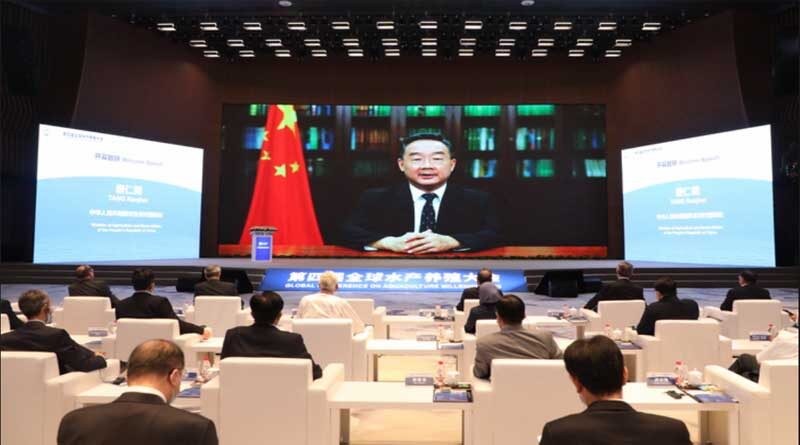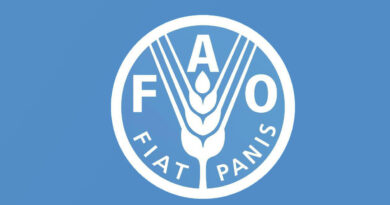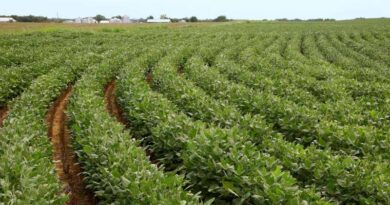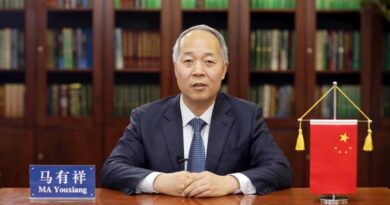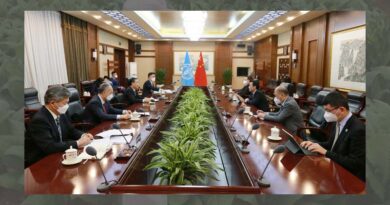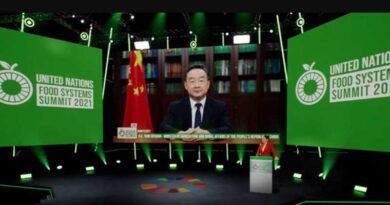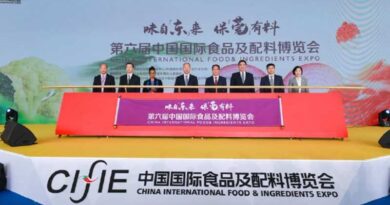Global Conference on Aquaculture Millenium+20 Convenes in Shanghai
28 September 2021, Shanghai: Global Conference on Aquaculture Millenium+20, co-organized by the Chinese Ministry of Agriculture and Rural Affairs (MARA), the Food and Agriculture Organization (FAO) of the United Nations and the Network of Aquaculture Centres in Asia-Pacific (NACA), was held from Sept. 22 to Sept. 24 in Shanghai. Tang Renjian, minister of MARA made a video speech.
Minister Tang said that aquatic products are the third largest source of protein for human consumption and are an important element in ensuring world food security. The Chinese government attaches great importance to aquaculture, and adopts pragmatic and effective measures to promote its high-quality development. As a result, China has steadily increased its comprehensive aquatic production capacity, raised its industrial competitive edge, facilitated the transformation of traditional farming methods as well as deepened foreign cooperation. China’s aquaculture production has ranked first in the world for 32 consecutive years, with a per capita share of 37 kg, twice the world average. China has become the world’s largest processing and trading market for aquatic products.
Also Read: FAO Regional Office for Near East and North Africa
Minister Tang stated that, in the context of the uncertainties brought about by the global COVID-19 pandemic and the sharp increase in the number of people in hunger due to more frequently occurring and recurring extreme weather events, all parties should put aquaculture in a more important position, work together to deepen cooperation, and promote the improvement of aquatic products across the whole industrial chain, including in production, processing, transportation and trade, in the hope that people all around the world will enjoy sufficient, high-quality, varied and easily accessible aquatic products.
Minister Tang put forward three proposals: First, adhere to the principle of innovation-driven development, and strengthen the R&D and popularization of new varieties, technologies and models in aquaculture. Draw on mechanisms such as the FAO South-South Cooperation mechanism to promote scientific and technological exchanges and personnel training.
Second, adhere to the principle of green transformation and commit to the development of eco-friendly aquaculture. Take various measures, such as raising the discharge limits for aquaculture facilities and equipment as well as tail water, and give full play to the role of shellfish and algae in increasing carbon sink, in order to help realize the goals of peaking carbon dioxide emissions and carbon neutrality.
Third, adhere to the principle of mutual benefits. Promote the mutual recognition of inspection and quarantine standards and traceability systems among different countries. Reduce unreasonable import and export restrictions, expand trade and investment, and build a smooth and mutually beneficial international industrial and supply chain.
Ma Youxiang, Vice Minister of MARA, presided over the opening ceremony and delivered a speech at the closing ceremony. He expressed the hope to deepen practical cooperation with other countries, jointly promote the sustainable development of the global aquaculture industry, and make contributions toward ensuring world food security. Representatives including Qu Dongyu, Director-General of FAO, Huang Jie, Director-General of NACA, Peng Chenlei, Vice Mayor of Shanghai, the Minister of Agriculture of Uganda, the Vice Minister of Production of Peru, and the European Commissioner for the Environment, Oceans and Fisheries delivered speeches either in person or via video link.
With the theme of “Aquaculture for Food and Sustainable Development,” the conference was held with a combination of online and offline methods. More than 2,700 people from 120 countries, regions, economies and relevant international and regional organizations participated in the conference. The conference adopted the Shanghai Declaration: Aquaculture for Food and Sustainable Development.

